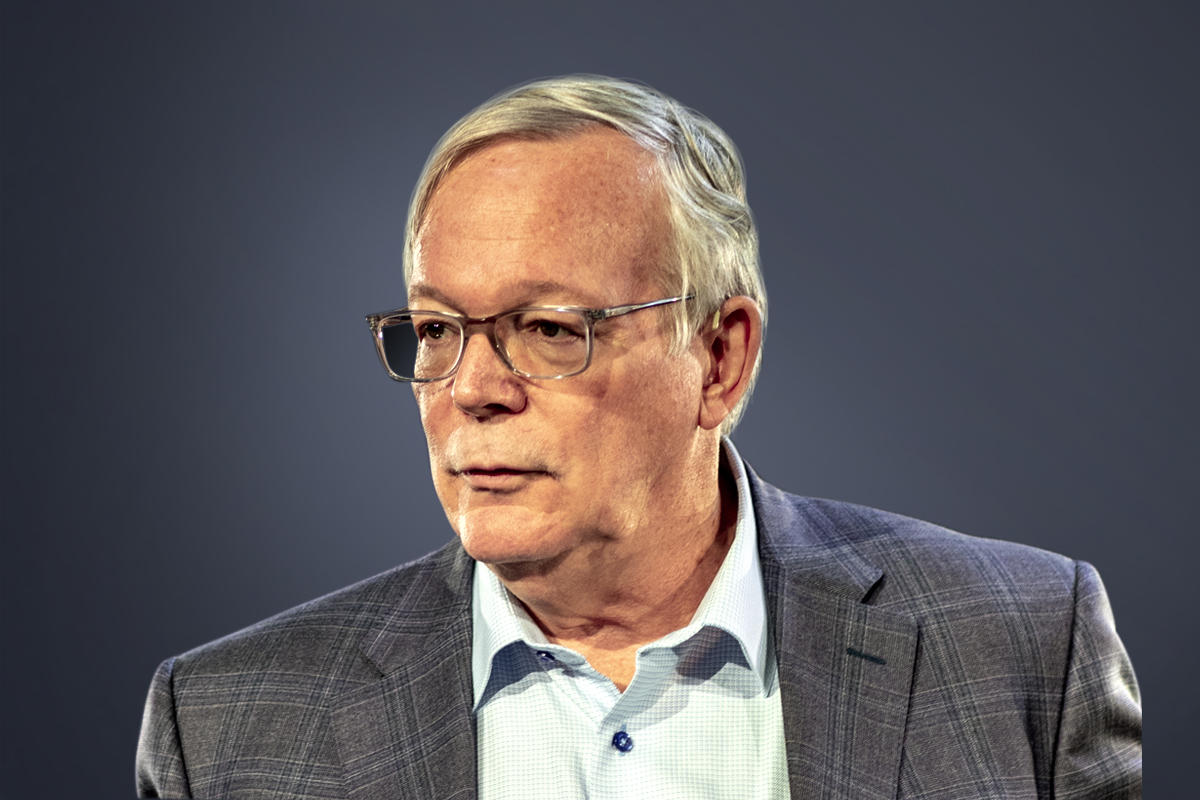“You are failing us. But the young people are starting to understand your betrayal. The eyes of all future generations are upon you. And if you choose to fail us, I say: We will never forgive you.”
It was a powerfully angry speech, as climate activist Greta Thunberg, 16, told the U.N.’s Climate Action Summit in New York last year, the teenager rounding on the gathered leaders with an emotional ‘How dare you.”
In part three of his wide-ranging interview with Arabian Business, Blair Sheppard, PwC’s global head of strategy and leadership, agrees with the sentiment, saying the current generation could be branded the ‘world’s worst’ and it is failing the young people of the world.
In his book Ten Years to Midnight he outlines why young people growing up face a world beset by environmental disasters, economic disparity and an education system not fit for purpose. And by the time they take over, it will be too late to fix.
AB: The thing that scares me perhaps the most about your book is it seems that the younger generation don’t have the time to pick up the slack for us?
BS: We have left them a pretty terrible circumstance. So think about the college graduate, they graduate with debt into job market that’s really unattractive and doesn’t pay anywhere near as well as it paid me or you.
They’re graduating with a massive tax load that they’re going to be burdened with, because countries have taken on huge amounts of debt because of COVID and pre-existing circumstances. And they are graduating in place where the housing market so expensive.
So we’re asking that generation to graduate into that world, do well in that world, and fix our problems at the same time? You know, if I was that generation, I’d look at me seriously and say you are the world’s worst generation.
AB: You begin to understand some of Greta Thunberg’s anger?
BS: Yeah, wake up, guys. ‘This is the world are you giving me? I don’t want it. And it’s on your watch so fix it.’ We need to include the youth in the answer, because it’s their future we’re creating, and they actually have insight, because they grew up in it. But it’s still incumbent upon those with the resources and the wherewithal and the leverage to fix the problem. We can’t just wait for them to fix it, because we only have 10 years.
AB: Are we letting them down with the current university system? Is there massive change that needs to happen within the educational system?
BS: I think universities are another institution that’s at risk. All the major institutions are, and you can’t leave education aside. Part of the problem in institutions is they’re governed to be slow in change, which is a good thing because we want institutions to be reliable. But in the world that’s highly dynamic, that has massive needs for new kinds of skills we need them to do adapt faster. So just take a simple example, we have a lot of people who know why climate is a problem, we have nowhere near enough people who know what to do about it. How do I change farming? How do I change manufacturing? How do I change the transportation system?
The worry I have is we can diagnose but can we do anything about it, that’s an education problem. I just think we’re not fast enough in our turnaround or on our curriculum. This is partly because there’s incentives for people to remain in the thing they’re famous at, and not move into new things within a kind of peer review process. And so there are whole elements of the education system that are keeping it slower than the pace we need them at.
Another thing I worry about is that we’re going to say ‘let’s do STEM’ [science, technology, engineering, maths], and we’re going to forget that actually, STEM is creating unintended consequences that are harming society. We need some people understand those unintended consequences as much as the technology. And so I’m worried about the university system.






